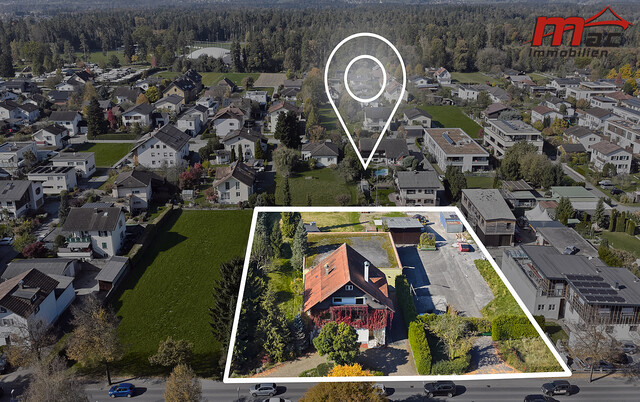Companies Expect More Cyberattacks in the Future

Phishing and AI attacks are particularly mentioned in this context. Nevertheless, only just under 20 percent feel well prepared for this. Two-thirds have taken steps but consider themselves only "somewhat adequately" protected - which is not a good sign, says Martin Mayr, a member of the management team at Integral, who conducted a survey on this for Telekom Austria.
"Significant Need for Action" Identified
There is still "room for improvement. No one wants to admit that they might not be prepared at all," Mayr said to journalists on Tuesday. If at the same time four out of five companies are not fully prepared, but all can name some threat scenarios, then there is a "significant need for action."
Three security risks are identified as vulnerabilities by over 40 percent of the 335 companies surveyed (with a margin of error of 4 to 5 percent). Unattentive employees come in just at number one, closely followed by AI attacks and outdated software lacking security updates. For a quarter to a third of the companies, there is a lack of money or skilled workers, or, especially in the public sector, clear internal responsibilities and processes.
Self-Management vs. External Expertise
While smaller companies with fewer than ten employees tend to manage their IT security themselves, larger ones more often rely on external expertise. Telekom Austria, itself a major cloud provider, unsurprisingly recommends cloud solutions, but relies on a mix of European and US or Asian offerings.
Complete sovereignty of Europe is not possible, said Martin Resel, Deputy Chairman of the Board of A1 Austria, on Wednesday during the presentation of the survey. European offerings for AI are often even cheaper, however, it must be acknowledged that more is invested in the USA and China and some technological solutions outside of Europe are better.
Therefore, one must "analyze which applications are so worthy of protection that they cannot be processed in the USA." For this, a European substitution must be sought. Ultimately, sensitive data should primarily be stored and processed by AI in Europe and in any case outside of US jurisdiction, specifically the US Cloud Act. There are enough European AI models (LLM) for this purpose.
Reference to "Systemic Competition"
Resel points out that there is a "systemic competition" between power centers like the USA, China, and Russia, and corresponding threats. Meanwhile, state attackers are no longer concerned with ransom, but with issues such as disrupting logistics. Accordingly, for companies, data protection and legal issues are more pressing than costs in this context. If supply chains are disrupted and production fails, "it almost doesn't matter whether I spend a bit more on IT security or not."
A1 itself invests around 50 million euros annually in cybersecurity. One of the biggest challenges is the search for skilled workers.
(APA/Red)
This article has been automatically translated, read the original article here.
Du hast einen Hinweis für uns? Oder einen Insider-Tipp, was bei dir in der Gegend gerade passiert? Dann melde dich bei uns, damit wir darüber berichten können.
Wir gehen allen Hinweisen nach, die wir erhalten. Und damit wir schon einen Vorgeschmack und einen guten Überblick bekommen, freuen wir uns über Fotos, Videos oder Texte. Einfach das Formular unten ausfüllen und schon landet dein Tipp bei uns in der Redaktion.
Alternativ kannst du uns direkt über WhatsApp kontaktieren: Zum WhatsApp Chat
Herzlichen Dank für deine Zusendung.








